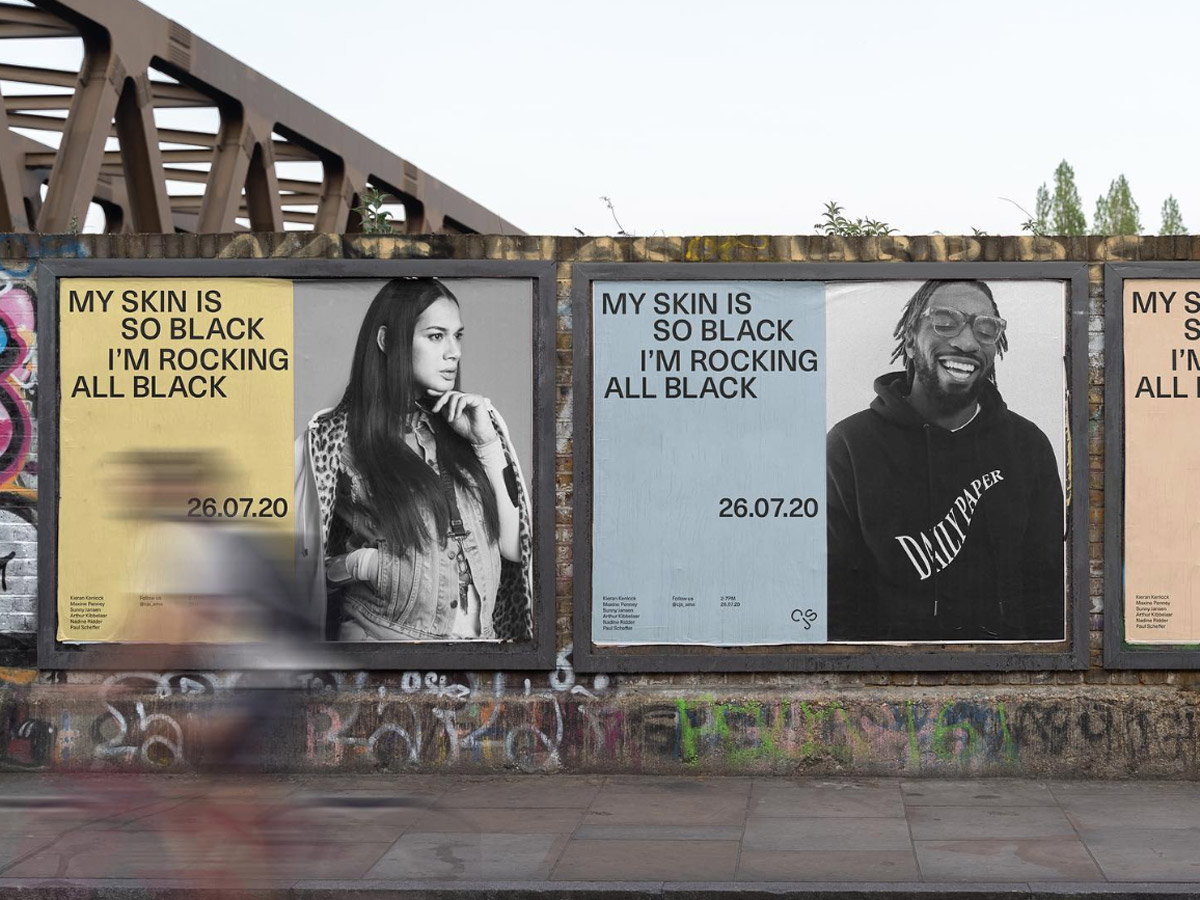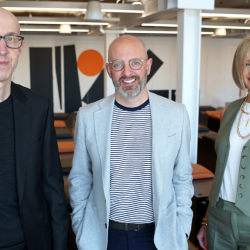When the pandemic first became a topic of public discussion, the expectation was that we would go “back to normal” soon. Two years later the world is slowly opening up, but the impact of the pandemic lingers. Be it the effects of agile digital transformation, shift to hybrid working or the behavioural changes brought on by the pandemic, the idea of “normal” has changed.
In light of all the recent developments, MediaCat Magazine had a chat with Alex Bennett-Grant, Founder and CEO at We Are Pi, an Amsterdam-based creative innovation consultancy.
What does a culturally innovative company look like in 2022? How has cultural innovation changed over the past couple of years?

Cultural innovation is about treating the pursuit of cultural change in the same way technology is treated, as a competitive advantage. Examples include pursuing DEI or sustainability as innovation vs corporate responsibility. It’s a mindset shift from could do to must do.
In the past five years we have seen significant progress in many areas that are very exciting. For example, BLM lit a fire in the corporate world and we now see better representation starting to permeate businesses. This has resulted in marketing that talks to more of the population and opens up new growth markets that brands were not looking at previously. That’s cultural innovation.
What impact has the pandemic had on cultural innovation? Has it made things better/worse, accelerated/slowed change?
In some areas I believe it has accelerated macro trends in a positive way. Take work-life balance for example. We’ve been working in the shadow of the industrial age of working culture well into the 21st century. The pandemic has forced changes that are opening up new ways to work, to collaborate online, to decentralise businesses. We’re finding new ways to innovate company culture and meet the needs of the business AND the talent.
How does cultural innovation give companies a competitive advantage?
Cultural innovation is explicit and tangible in a way that tech innovation too often isn’t. It’s about innovating in the real world, with employees, within popular culture and seeing results IRL. For example, these days simply walking into a meeting with a genuinely diverse team delivers a competitive advantage over mono cultural teams.
How does We Are Pi foster a culture of innovation?
We invest in cultural change to inspire clients, to support progress within our business and the community around us. We publish New Society Rules, an ongoing research platform helping marketers understand and act on cultural change to unlock new markets. In the community we co-founded Holland’s first creative marketing DEI program to innovate the talent pool. We also sponsored Amsterdam’s leading DEI event series Creative Jam Session and supported Black Strat, the world’s leading community of Black strategists. Inside Pi we signed up to Free The Work to diversify our production talent and host Pi Sessions to educate and inspire our team with cultural leading speakers.
Can companies succeed in the long-run if they are not culturally innovative?
In consumer-centric brands I believe it’s increasingly difficult to build a successful business without investing in culture. In the end, the competition will outmanoeuvre you with talent, consumer intelligence, NPD (new product development) and sheer momentum.
What still needs to change?
Everything. All the time. We thought racism was a thing of the past until BLM made it a 21st century problem that permeated society and business. Today many brands are hoping a DEI officer is enough, but it’s the brands that see it as the first step towards bigger changes that will gain the true advantage. We thought we were in the post Me Too age of empowered women in society and business. Now there is a fight for women to have basic rights to control their own bodies and companies are having to change corporate HR policy just to show their employees they are able to innovate at the speed of culture to support their basic needs and retain talent.
Featured image: We Are Pi































